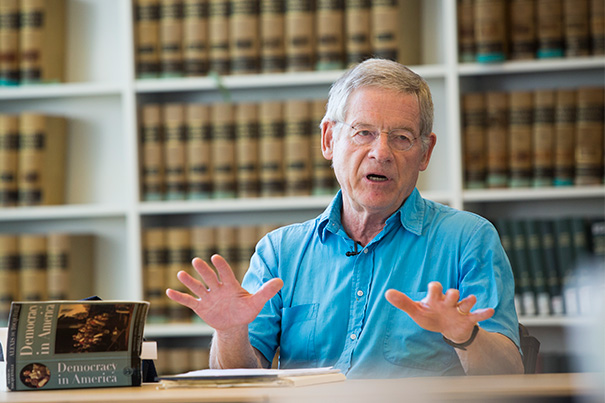Nation & World
-

Worried about how AI may affect foreign policy? You should be.
Experts discuss vulnerabilities, need for oversight of tech development, regulation
-
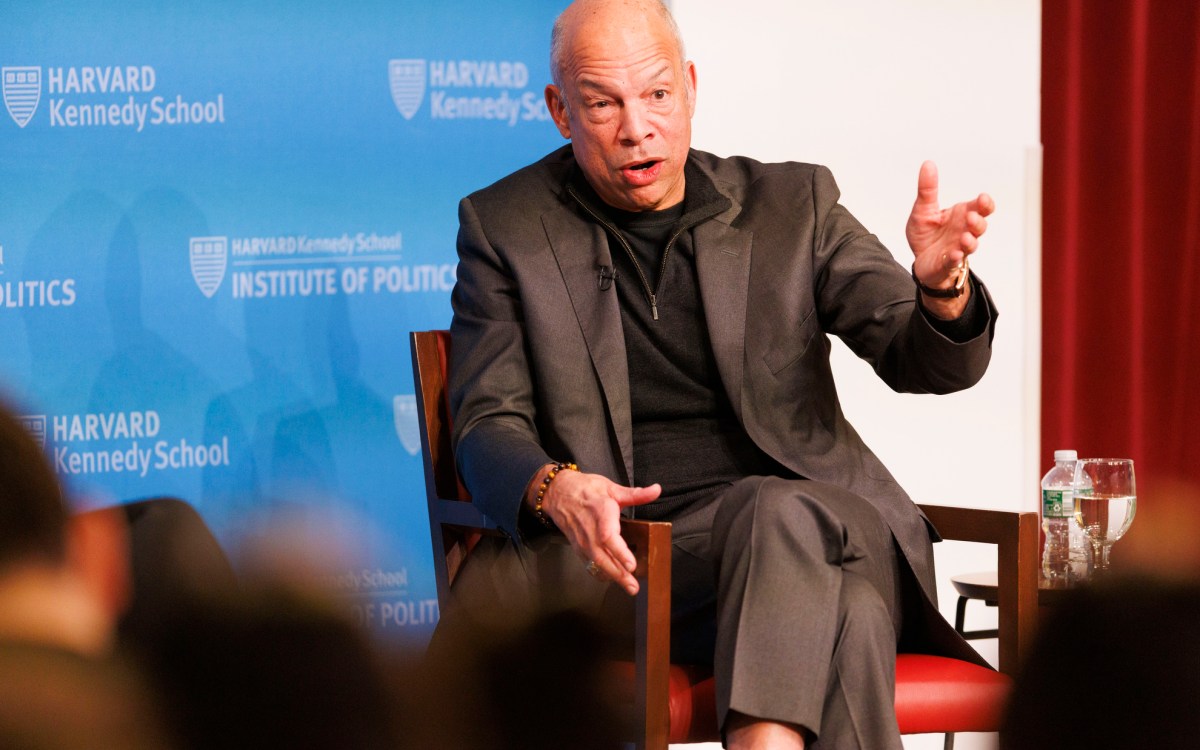
Border security isn’t really the problem
Former Homeland Security Secretary Jeh Johnson says current backlash is owing to cloudy mission, aggressive tactics
-
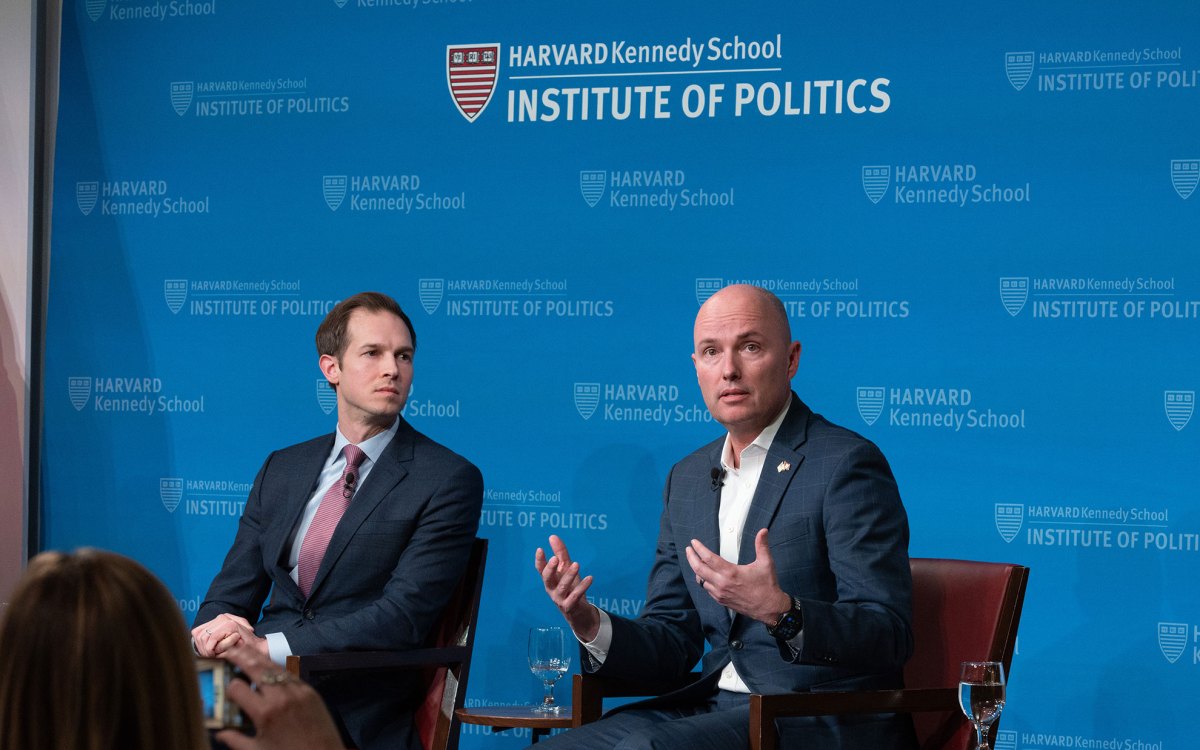
A start in bridging divisiveness: Rein in social media
Republican Utah governor, Democrat U.S. congressman find common cause
-

How design of public housing can lift future prospects of children
New research builds upon previous work that focused on moving families from high-poverty areas, broadening social milieu of young
-

How to help lift slumping American math scores
Scholars see solutions in classroom creativity, higher teacher pay — and attendance
-
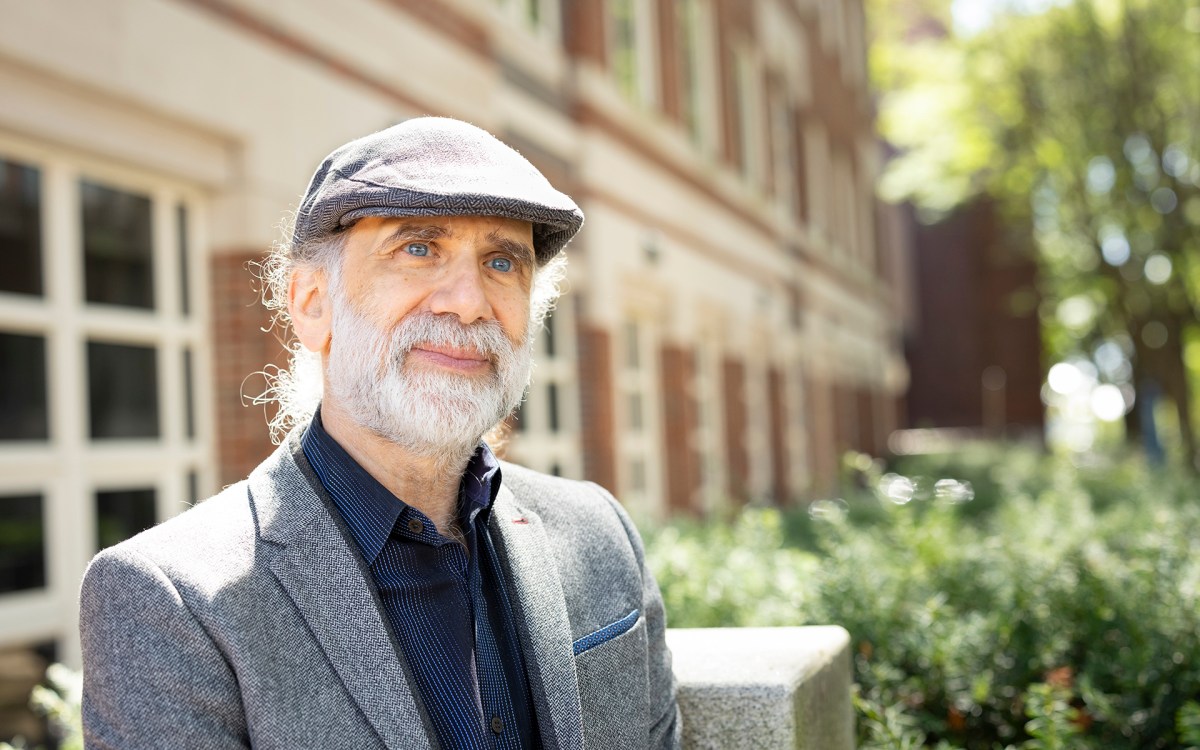
What if we used AI to strengthen democracy?
Surveillance, control, propaganda aren’t the only options, says security technologist
-
Harvard’s Mexican connections
Harvard’s relationship to Mexico is deep, diverse, and longstanding. Here’s an overview of those connections.
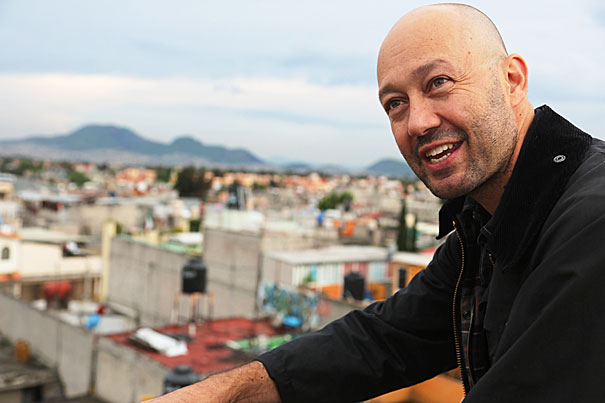
-
The rising in Hong Kong
Harvard Kennedy School’s Anthony Saich explains the uprising sparked by a pro-democracy movement in Hong Kong.
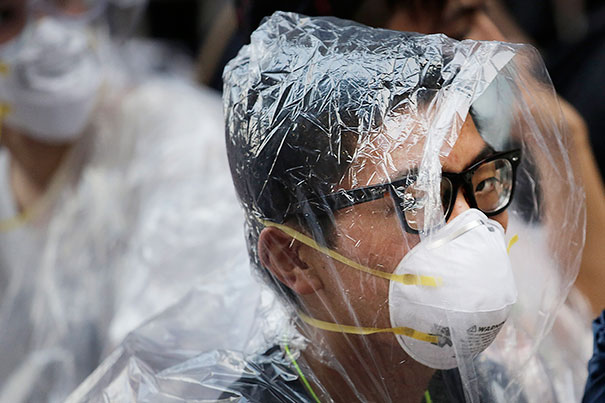
-
From awareness to action
Anita Hill says it’s time for the national conversation on sexual harassment to get “beyond awareness to consequences” for gender violence.

-
The business of being Beyoncé
A new Harvard Business School case study digs into the mystery and motives behind Beyoncé’s surprise 2013 album release.

-
Leaders or followers?
Author William Deresiewicz answers questions about his controversial new critique of elite colleges and universities.
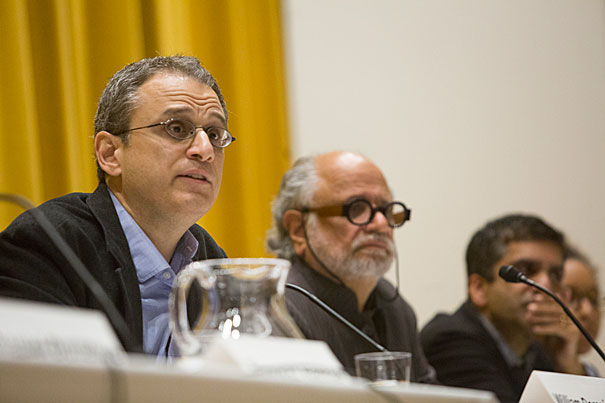
-
Catching the next wave
PayPal co-founder and venture capitalist Peter Thiel talks tech startup strategies and why HBS students should ignore what most of their classmates are doing.
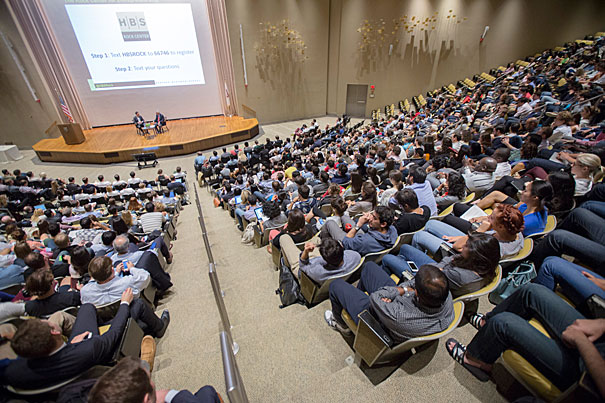
-
Microbursts in learning
The annual Harvard Initiative for Learning and Teaching conference forges path between engagement and distance.
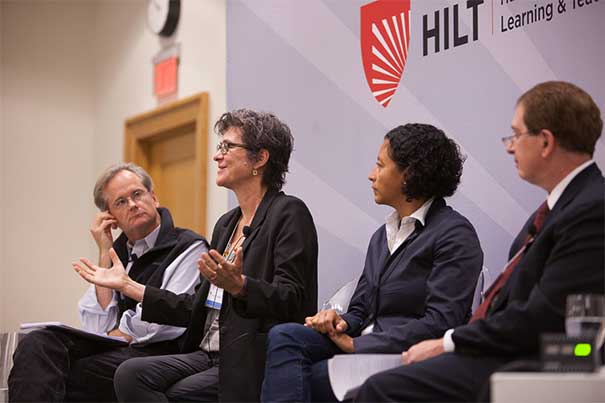
-
After Ferguson’s fury
A panel convened by HLS professor Charles Ogletree reflected on the broad social, legal, and political issues raised by the protests in Ferguson, Mo., last month.

-
A union scotched?
Niall Ferguson explains the motives behind the national referendum on Scottish independence and what’s on the horizon if Scotland leaves the U.K.
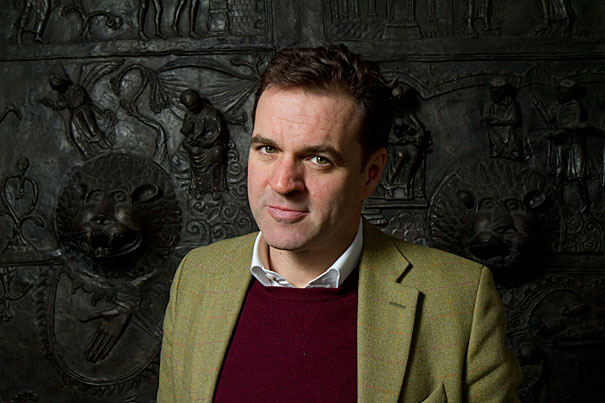
-
For peace’s sake
Atalia Omer, who received a Ph.D. from Harvard in 2008 and is currently associate professor of religion, conflict, and peace studies at the University of Notre Dame, will deliver the 2014 Dana McLean Greeley Lecture for Peace and Social Justice at Harvard Divinity School’s Center for the Study of World Religions at 5:15 p.m. today in Andover Hall on the Divinity School campus.
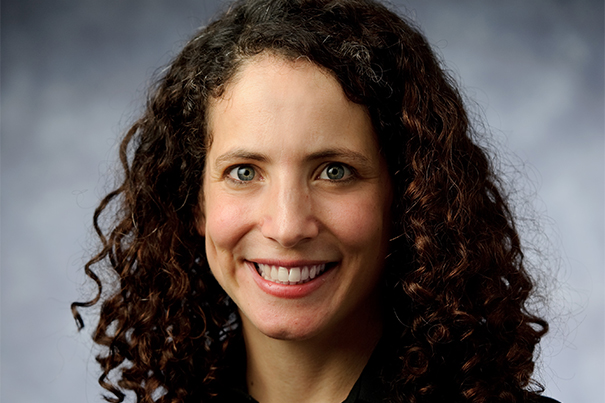
-
Voice of the brutalized
Harvard Humanitarian Initiative researchers polled residents of a war-torn part of the Democratic Republic of the Congo, finding that though many think the security situation has improved, trust in government is at a low ebb.

-
Cruel summer
Faculty from HLS and HKS examined recent upheaval in the Middle East as part of a new Harvard Hillel series on politics and public policy.
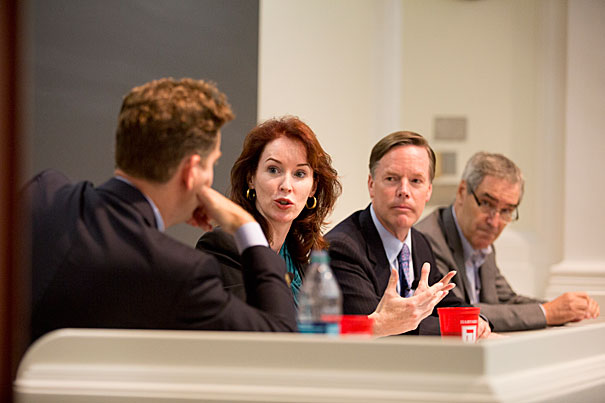
-
To speak out, or not
In a panel discussion, Harvard academics wrestle with the issue of when to speak out on pressing public issues.
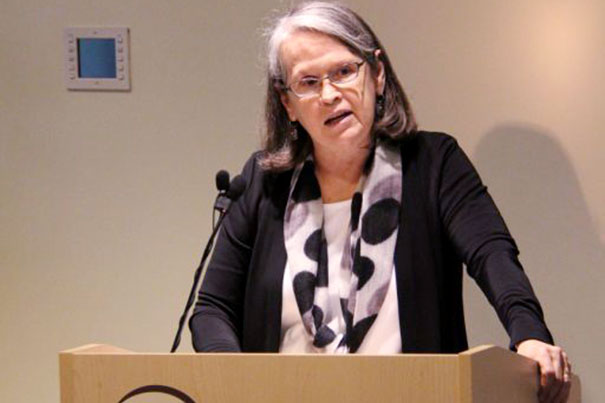
-
Court sense
U.S. Supreme Court Justice Elena Kagan peeled back part of the curtain on the court’s inner workings during a lively discussion with Harvard Law School Dean Martha Minow.
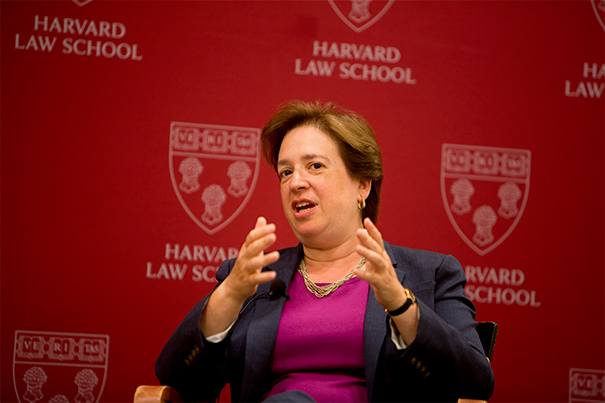
-
U.S. unprepared for housing needs of aging population
America’s older population is experiencing unprecedented growth, but the country is not prepared to meet the housing needs of this aging group, concludes a new report released today by Harvard’s Joint Center for Housing Studies and the AARP Foundation.

-
The fumbles in Ferguson
Crisis management expert Herman “Dutch” Leonard talks about how the confrontation in Ferguson, Mo., was mishandled.
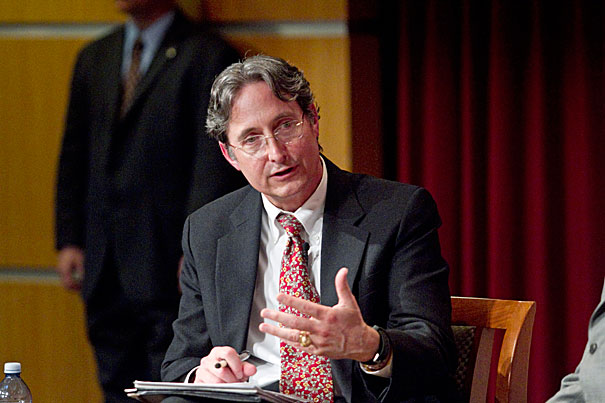
-
Running the show
Newly elected the next commissioner of Major League Baseball, Harvard Law School grad Rob Manfred talks about the future of the game.
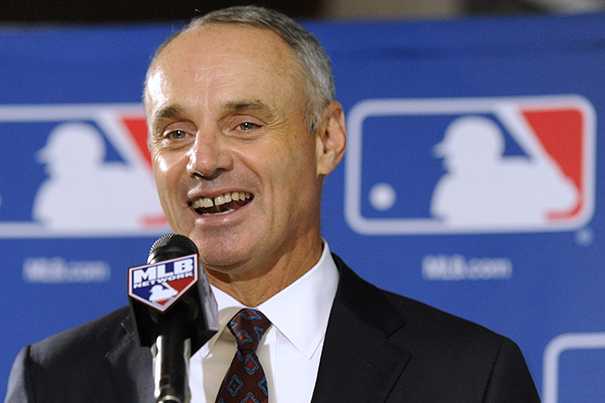
-
Targeting teacher tenure
HGSE economist Tom Kane explains the issues behind the debate over tenure policies for public school teachers in New York and California.
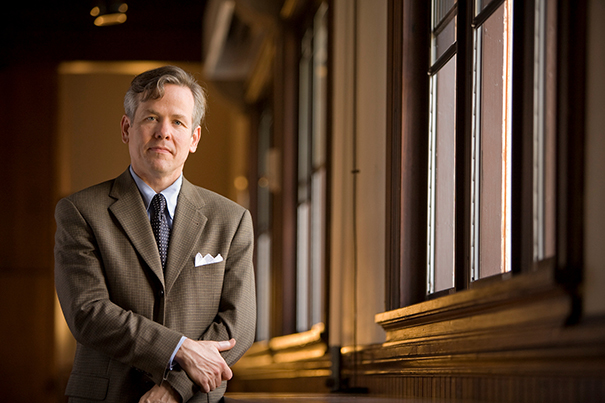
-
Getting a handle on inversion
Mihir Desai spoke with the Gazette about the controversy surrounding tax inversion.
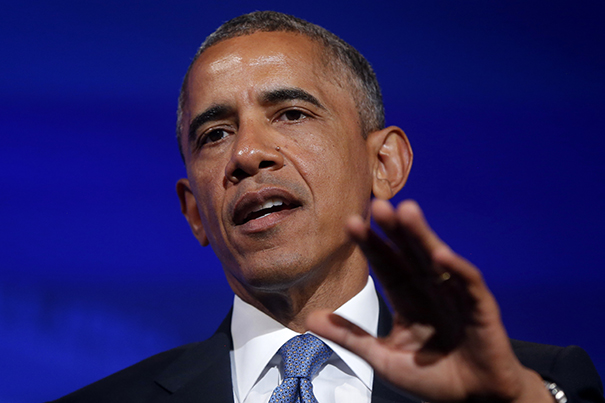
-
Radio revolution
In a new paper, Shorenstein Fellow Steve Oney details the radical vision of NPR????s earliest days.
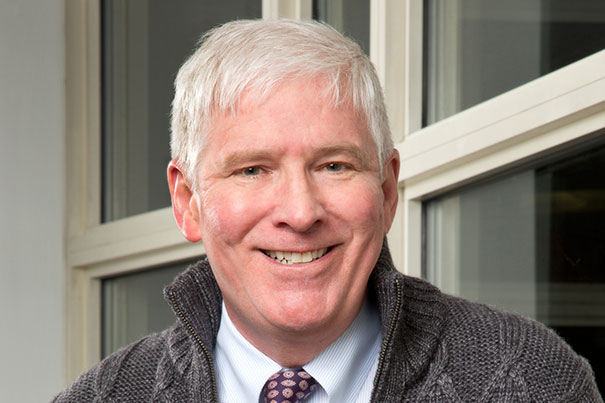
-
Seeing what leaders miss
Max Bazerman, a leadership and applied behavioral psychology expert at HKS and HBS, writes that successful leaders must seek out what they don’t know to overcome the human tendency to turn a blind eye to unethical behavior.
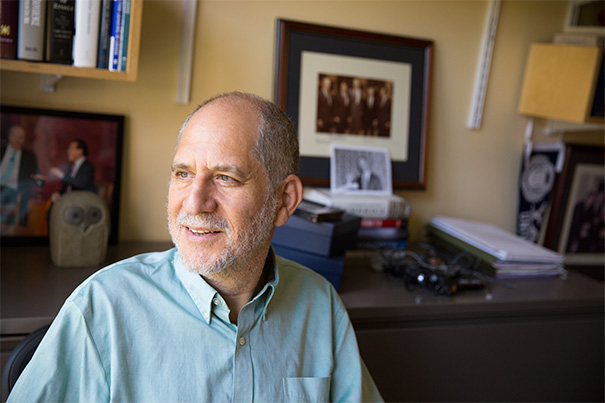
-
The rise of ISIS
A question-and-answer session with political scientist Harith Hasan al-Qarawee on the rise of the Sunni extremist group the Islamic State in Iraq and Syria (ISIS).
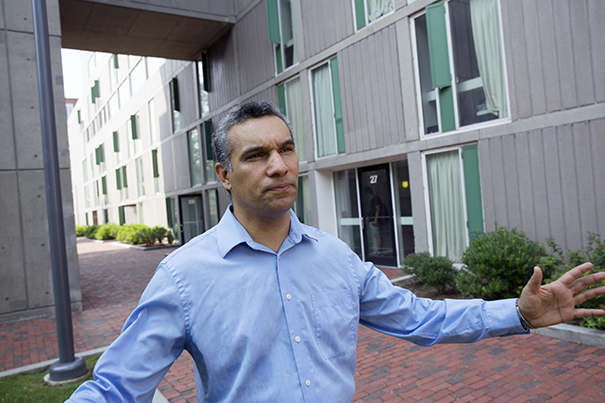
-
The big share
Harvard Business School professor Nancy Koehn weighs in on the importance and the future of the sharing economy.
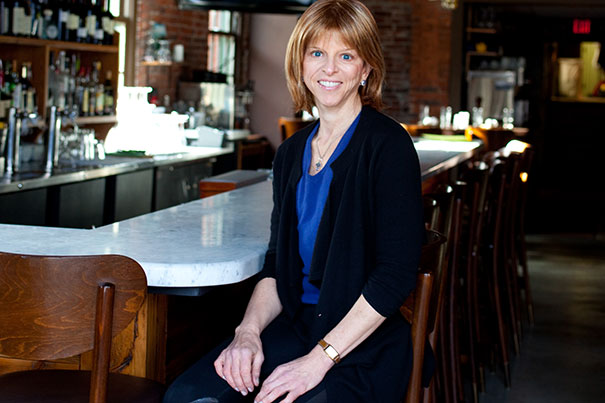
-
Making hay while sun shines
Students at HGSE are hard at work building new companies they hope will someday transform learning and young lives.
-
Chinese economists zero in on crises
Economist Lawrence Summers and foreign policy expert Graham Allison talk about lessons learned from a Chinese research team’s comparison of the conditions around the Great Depression and the recession of 2008.

-
A virtual analysis
A new analysis of four blended-format courses taught last fall offers practical guidance for faculty members interested in fresh pedagogical approaches. The pilot study led by the Bok Center for Teaching and Learning placed a premium on person-to-person interaction, and found redundancies between in-class and online instruction.

-
Family strife
Harvard Business School’s John A. Davis, who chairs the Families in Business program, talks about the struggles that companies like New England grocery chain Market Basket face when family members are at the helm.
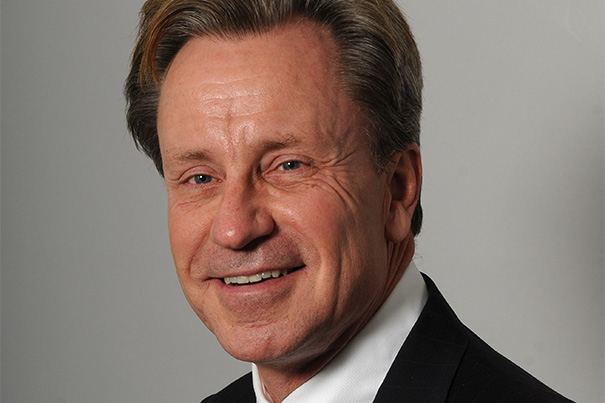
-
The price is right
Urban demographic patterns in the United States often defy logic, but a new research paper co-authored by Harvard Kennedy School Professor Edward Glaeser is shedding light on why many Americans continue to move to cities that are on the downturn.
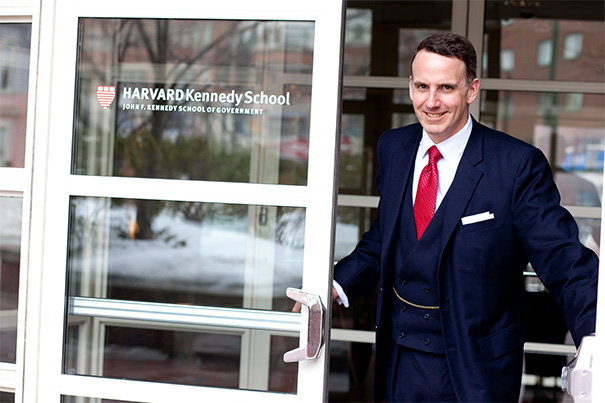
-
The latest violence in the Middle East
Following the July 9 airstrikes, Stephen M. Walt, the Robert and Renee Belfer Professor of International Affairs at the Harvard Kennedy School, discusses the factors behind this latest outbreak of violence between Israel and Palestine and what the international community can do about it.
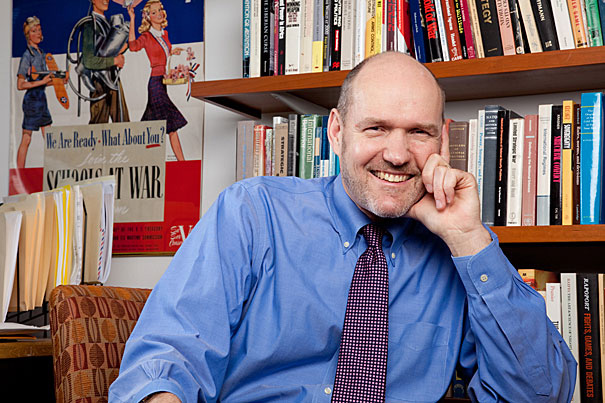
-
Academic boot camp
Harvard President Drew Faust welcomed to campus the Warrior-Scholar Project, an academic boot camp for veterans thinking of applying to college, while Professor Harvey C. Mansfield Jr. introduced the students to the two works he considers seminal to understanding American politics.
